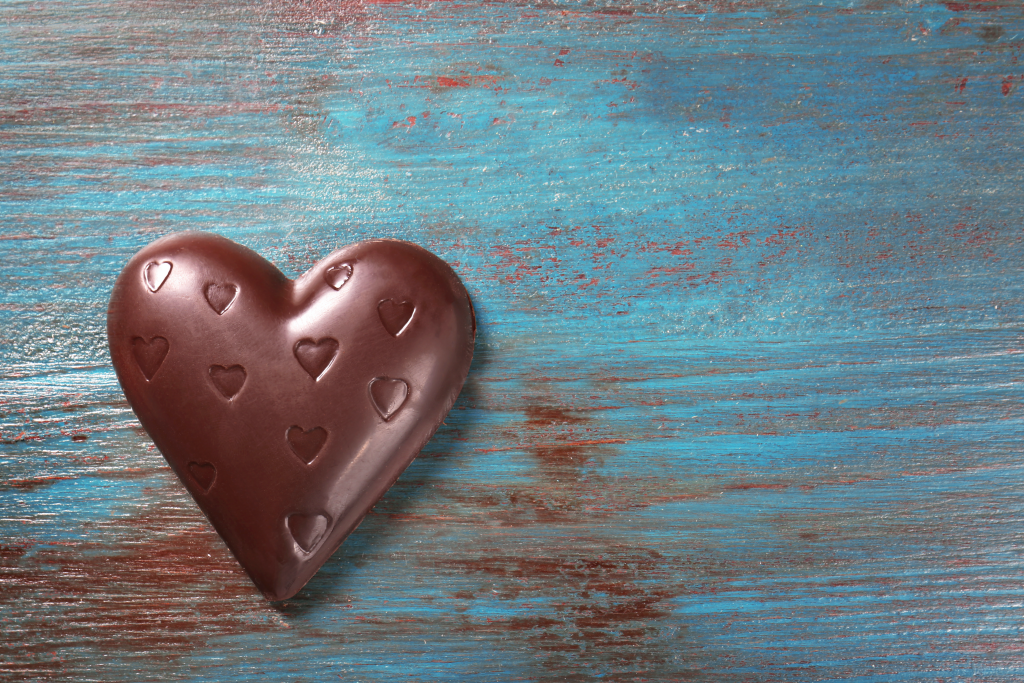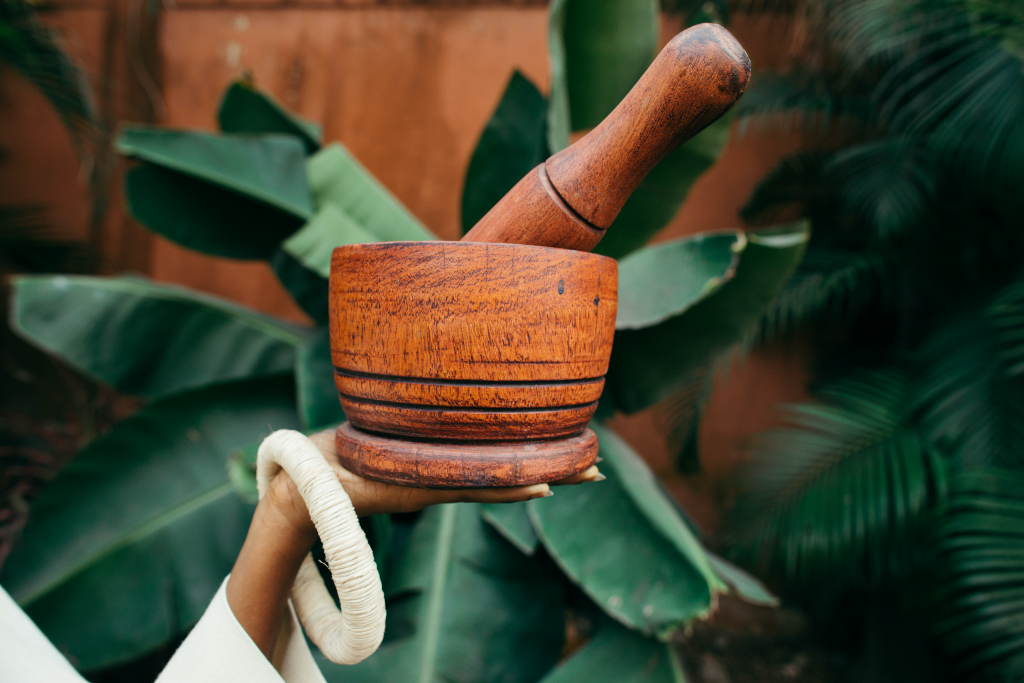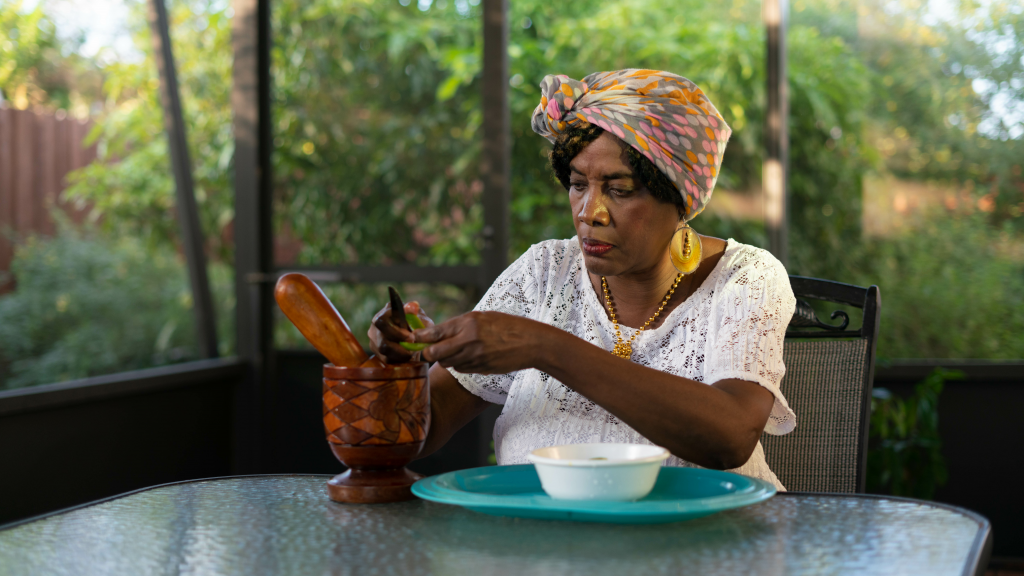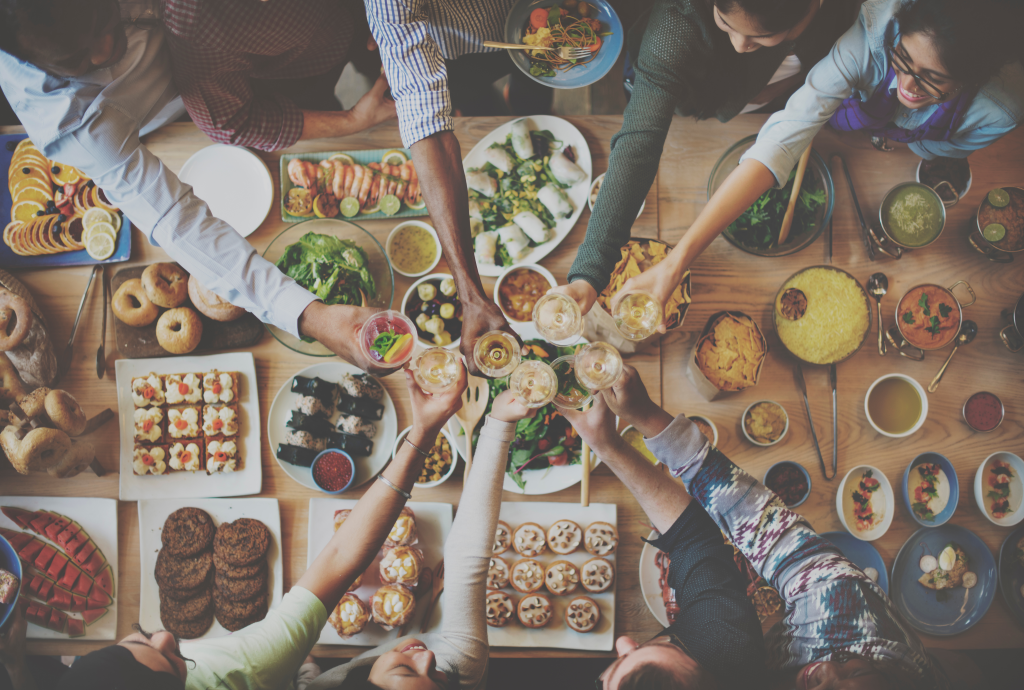
A heathy lifestyle requires us to be mindful of the nutrition profile of the foods we eat. The problem arises when we fall in the trap of reducing the value of food to mere calories. Such mechanistic view of food is too simplistic and strips away the equally important sociocultural, emotional and psychological functions.
A big part of attaining optimal health, the ultimate goal for many, is allowing ourselves to enjoy the foods that have personal significance for us. Focusing entirely on the value of food at the physical level negatively shape the relationship we develop with it. It becomes a thing that we measure, attempt to control, and sometimes run away from.
As much as it is a fuel, food is also a source of joy, pleasure, togetherness and it is what fond memories are made of. These values are much more pronounced when we look at our attachments to cultural foods. In this article, I will share my personal perspectives on the different ways, aside nutrition, my cultural foods positively impact my life.
Food is a channel back to our roots
Upon return from my annual trip back home, my luggage is nothing short of a mini market, filled with our staple food sources, condiments, and dried snacks. Bringing some of my favourite foods is my way of making sure I have a little dose of home all year round.
Living physically away, cultural cuisine is what allows me to sustain my connection to my ancestral history and the memories of my childhood. With every dish, not only do i get to enjoy the taste of home but also reflect on our history, beliefs, and values surrounding our food culture and the meanings attached to it.

So, for some of us, traditional foods are more than just a bite or three. It somehow keeps us grounded while simultaneously transporting us back to our roots. And as immigrants, indulging in cultural culinary practices is how we do our bits to uphold the continuity of our centuries-old food traditions.
Food is a cultural identity marker
Having spent most of my formative years outside of my birth country, I had trouble carving a concrete sense of identity. There were definitely times where I got sucked in to one side, and others where I felt I didn’t truly belonged to neither. It will be long before I made sense of all of that, but cultural foods definitely helped me in my journey towards finding my sense of self.
Through my, often futile, attempt to recreate my mother’s recipes, I was able to continually express my cultural identity as an Ethiopian. It allowed me to connect to a part of me that would otherwise been overshadowed. In a sense, cultural foods reinforced the possibility of belonging in two places at once, and that I can positively embrace both.
Food evokes powerful emotions

When it comes to cultural foods, the physical act of eating and the nutrients it provides is only one component in the equation. The symbolic act of preparing, cooking, and sharing of cultural foods holds tremendous value as they are often associated with meaningful experiences and the memories we hold near and dear.
For me, making and enjoying my cultural foods evokes memories of my parents and their love. It echoes the laughter me and my siblings shared over dinner. It reminds me of all the things that have shaped me as a person.
Food nurtures social relationships
Food is often at the center of all social occasions, happy or sad. It is nearby whether we are celebrating the good times or comforting each other through difficult ones.
In traditional societies like Ethiopia, food is first and foremost a social event, whether it is in a form of familial dining or a simple get together with loved ones.

Foods are often the centrepiece as we forge new relationships and cultivate old ones. Preparing and enjoying meals with family and friends allow us to share meaningful bonding moments with one another. It provides the opportunity to create lasting memories with those we love that can’t be replicated with other activities.
The Take Away
Food represents much more than nutrition at the physical level. It symbolizes the things we value the most, it is a channel through which we connect to ourselves, emotions, and cherished experiences. It is therefore important, next time we feel guilt or shame surrounding our food choices, to remind ourselves of all the profound ways in which it enriches our lives.

Hanna Haile is a Registered Associate Nutritionist with specialty in global public health nutrition and health promotion. Hanna is the Founder of Heritage Nutrition and provides culturally-inclusive guidance to people from diverse backgrounds. Her work revolves around helping clients realise their nutritional and health goals through a set of evidence-based dietary and lifestyle strategies. Hanna is also a health & Nutrition writer and Published Author in Journal of World Public Health Nutrition.
Disclaimer: This article is not, nor does it try to be, a substitute to the advice of your medical care. You should follow the treatment and recommendations of your doctor and specific dietician at all times. Please check out our full disclaimer on our website here